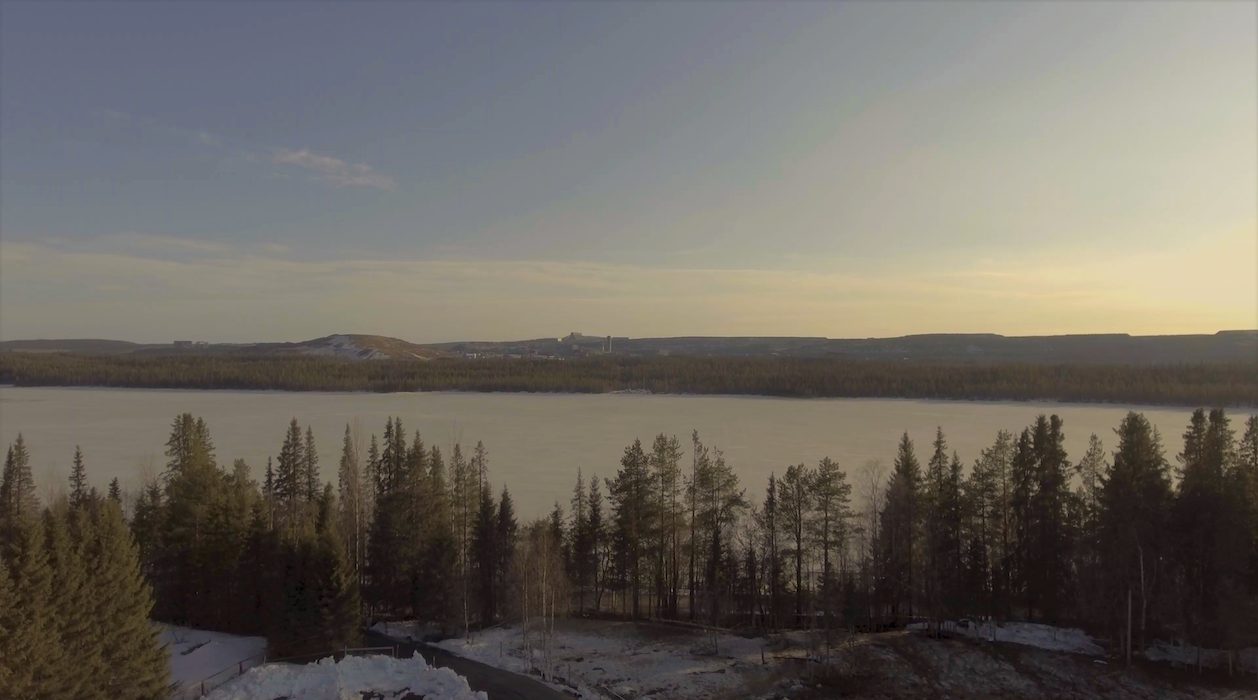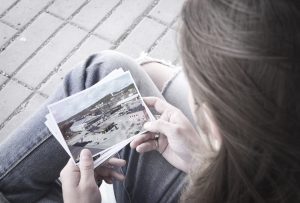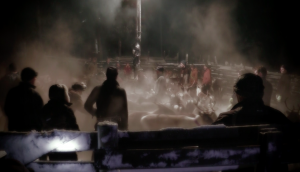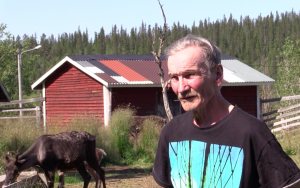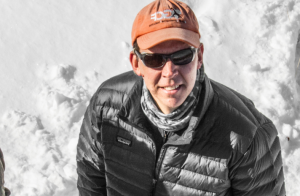As the sun rises, Khaled walks through the empty houses of the village of Malmberget, close to Gällivare, the so-called ‘mining capital of Europe.’
He is back in the same place where he first met Anna Karin, a Sami woman who breeds Icelandic horses. Now she is there only as a vivid memory. As Anna Karin’s voice bitterly tells us her story of displacement, Khaled’s memories bring those empty walls and desert fields back to life.
Khaled and Anna Karin are troubled by the same doubt. Are ancestors still inhabiting those empty walls? How do they feel, what do they think about the village disappearing?
These questions create a link with the past, extending the definition of community beyond its current members. Indeed, a community is also made by the ancestors who had walked, worked and enjoyed the beauty of the same lands. Those women and men of the past have built throughout the centuries an invaluable knowledge about the land they lived in. With the mine expansion, all this heritage is going to disappear as well. The sacred link between these people and their land is going to be eradicated forever.
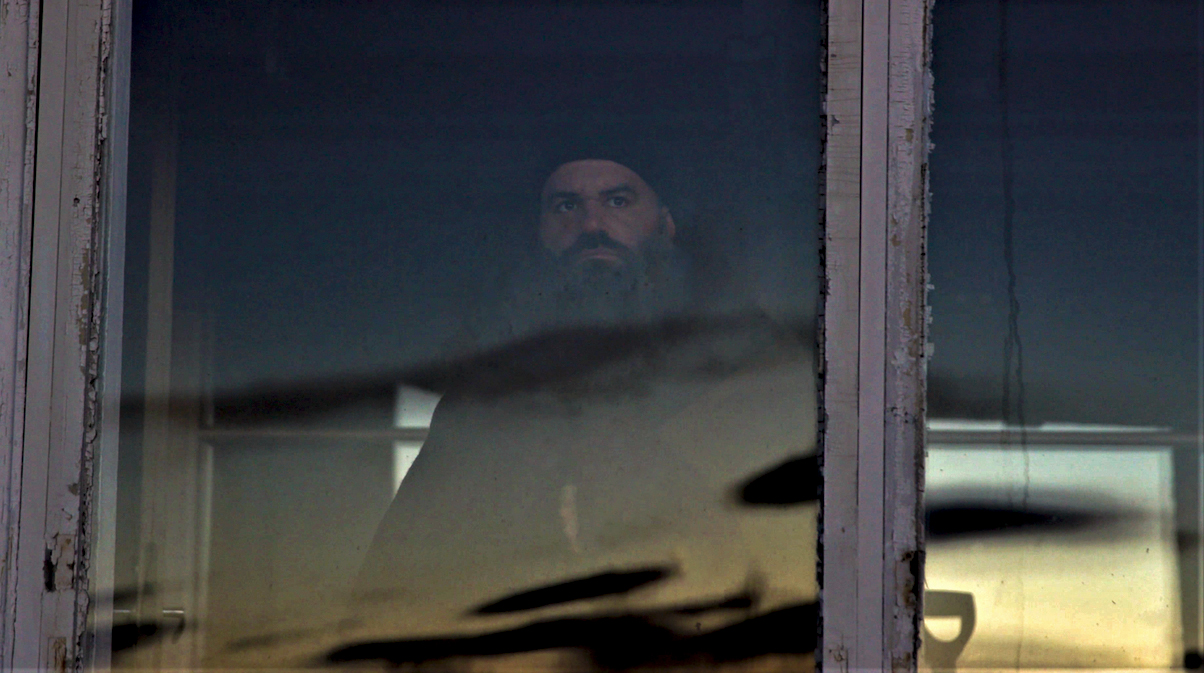
“It can be a tree. It can be a small pond, maybe a grove, a place in nature. All of this you will not be able to get to as it will be fenced in and destroyed. It is not only the houses and buildings as such but those places and spots”
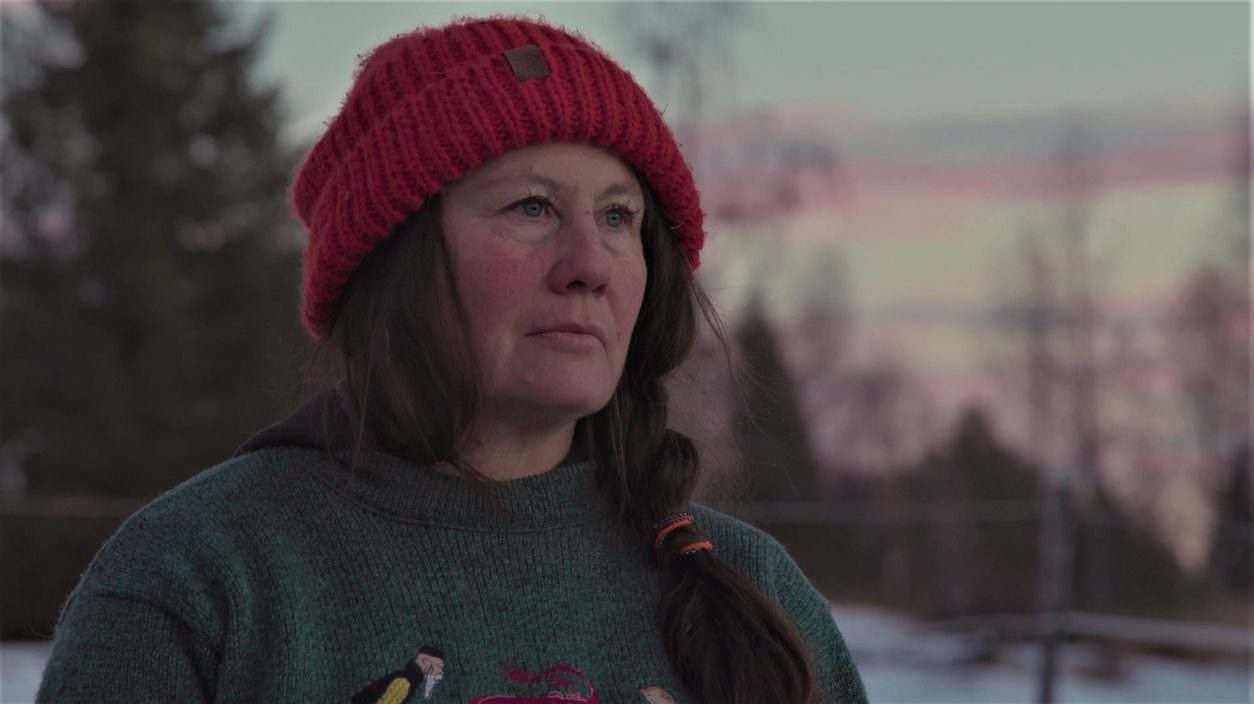
For indigenous populations, nature is a living subject to preserve rather than a mere object to harshly exploit. The harmonic way of living in and with nature of the Sami people is strongly contraposed to the death sentence for nature represented by the further expansion of the mine. The case of Anna Karin and of her village is an example of how extractive capitalism expels populations from their land, forcing them to live in precarity. What remains now of Sakajärvi is a host of abandoned places, hopefully inhabited by the spirits of the ancestors who still refuse to leave.
